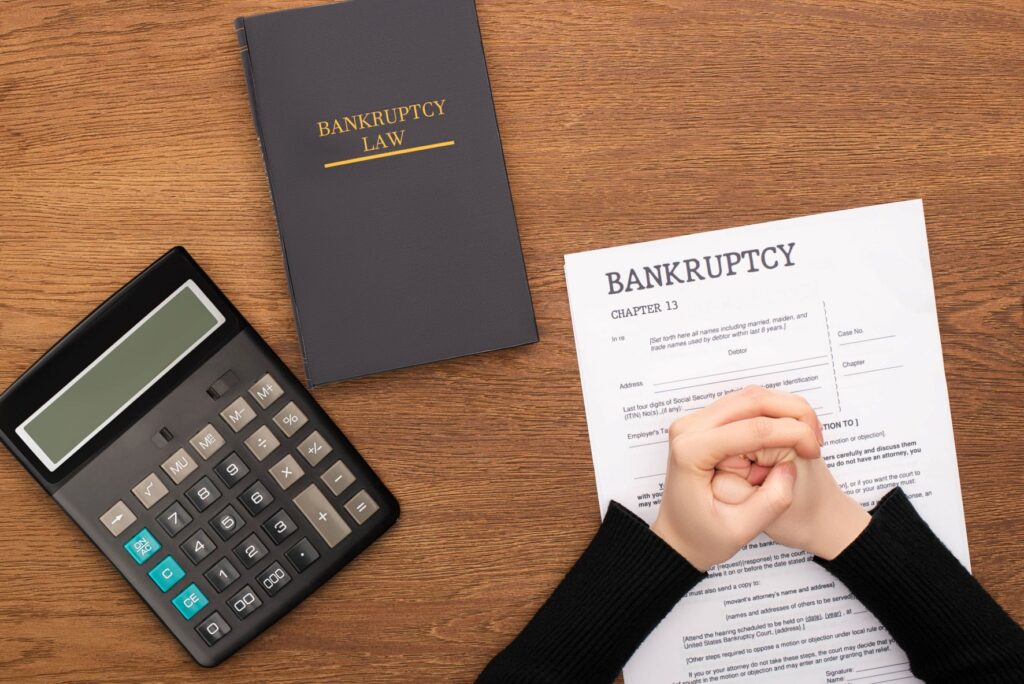Bankruptcy is a legal procedure that is designed to remove debt from a person’s balance sheet. But there are exceptions to this rule. Particularly, if the debt was incurred because of a DUI, the debt cannot be discharged.
Dischargeable
If you have a debt arising from a car accident, you may want to consider filing for bankruptcy. There are certain exceptions that might prevent you from being eligible to discharge your car accident debts. If you were driving while under the influence, you may not be able discharge your claim. Reckless driving could result in you losing your right to release your car accident debts.
If you were the car accident victim, you must list the accident debt as part of your bankruptcy filing. The debt may be related to personal injury, property damage, or a suit. These debts may be included in the chapter 7 of your bankruptcy. For example, if the accident was caused by drunk driving, you’ll need to pay for the damages done to the other driver’s car.
Another type of debt that is often associated with a car accident involves a loan on a repossessed automobile. This could be several thousand dollars. This loan is usually left over after the vehicle has been sold. If the car is totaled, the auto insurance carrier will step in to cover the claim, but the payment is not enough to cover the loan balance.
Motor vehicle accidents are not usually financially responsible for the private individuals involved, but they can lead to lawsuits. These damages are usually covered by automobile insurance companies. You can sometimes discharge car accident debts through Chapter 7 bankruptcy. You can usually discharge your accident debt through bankruptcy if you aren’t convicted of any criminal offenses or DWI.
Non-dischargeable Abogados de Accidentes Chula Vista
In the United States, a car accident debt is not dischargeable under Chapter 7 of the Bankruptcy Code. This includes drunk driving debts. However, the bankruptcy code does not exclude debts for personal injuries caused by car accidents caused by intoxicated drivers.
There are exceptions to this rule. The bankruptcy code does NOT consider “willful” or malicious injury. These are actions intended to cause injury. The bankruptcy does not allow for the discharge of accident debts unless a person has committed malicious, willful misconduct.
A debtor can obtain a copy of a discharge order from the bankruptcy court clerk. The copy will require payment. A copy of the discharge order will be sent out to the debtor, his attorney and creditors. The debtor will also receive a “notice of discharge,” which is a copy of the final discharge order.
The courts will not discharge non-dischargeable loans. These debts cannot be discharged if they are opposed by the creditor. Examples of such debts are purchases made with credit cards to purchase luxury items within 90 days after filing for bankruptcy. Another example is the debts incurred by drunk driving.
Non-dischargeable creditors must be repaid in bankruptcy. A bankruptcy attorney can negotiate a payment schedule with the creditor or settle the amount. Moreover, non-dischargeable debts can be collected via lawsuit in court, garnishment of wages, and levying of a bank account.
Excluded from discharge
Bankruptcy laws do not specifically exclude car accident debts from discharge. There are exceptions to this rule, however, and laws may vary depending upon your particular circumstances. You may be eligible to exempt car accident liabilities if the accident happened before you file for bankruptcy. You can also exclude car accident debts if you were under the influence or drugged. This can be very beneficial when filing bankruptcy. However, before you try to discharge your car accidents debts, you should consult a bankruptcy Abogados de Accidentes Chula Vista.
While bankruptcy does not erase car accident claims but it does protect you against being sued for damages. The U.S. Bankruptcy Act defines a debt as a claimant’s liability. You’ll be exempted from most of your debts if bankruptcy is filed.
You can eliminate car accident debts that are included in a chapter 7 bankruptcy. You may not be allowed to discharge them if there are any personal injuries or drunk driving accidents. The court may also award costs to you, which you’ll have to pay, even though you aren’t at fault. This is why you should carefully review your Chapter 7 bankruptcy documents.

You can obtain a copy of your discharge order from the bankruptcy court clerk. The clerk will charge you a small fee to search your case records and make copies. If your case has been closed, you may have to pay a fee.
Excluded From Discharge if the result of willful or malicious injury to another entity’s property or entity
A debtor is exempted from discharge if his or her actions cause willful and malicious injury or damage to any entity or property. In addition to a minimum one-year prison term, he or she may face a fine of up to $10,000. Malice is defined by a deliberate disregard for rights of another entity, even if there is no just cause.
Geiger’s approach eliminates any possibility that “willful”, can also refer to “negligent or careless” conduct. This approach also eliminates the possibility that the term “intentional” encompasses negligence or recklessness. In Miller, the court addressed a debtor’s misappropriation and misappropriation of trade secret information. The court ruled that the definition of “intentional tort“, as it refers to a plaintiff’s subjective intent, was too broad.
A debtor cannot be exempted from discharge if he causes injury to TKCAs. But if the debtor’s actions do not result in a specific intent to cause injury, the debt may still be discharged if it is punitive in nature. It is crucial to fully understand the nuances and be prepared to fight them in bankruptcy court.
Bankruptcy law requires that you prove a willful and intentional injury. A SS 631(a), California conviction for illegal wiretapping, is not a dischargeable debt. A default judgment in bankruptcy has no collateral estoppel effect.